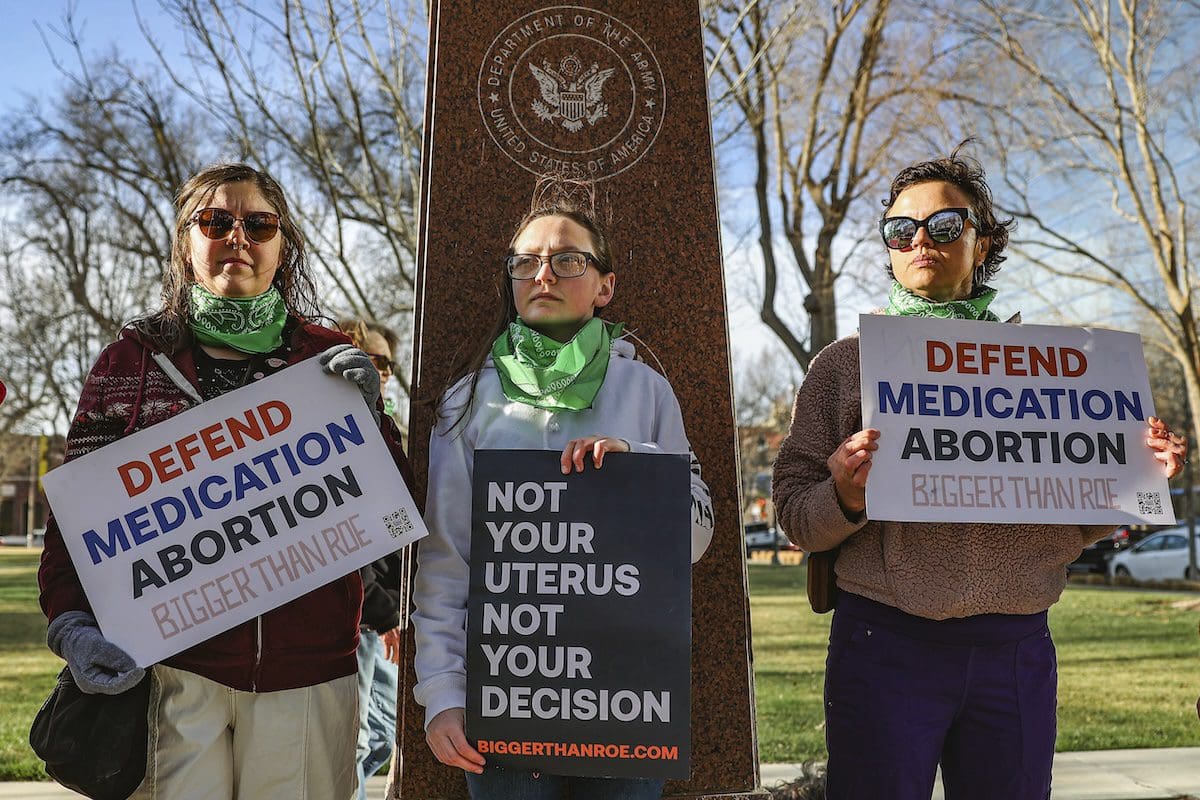Ongoing Legal Struggles Over Texas Abortion Bans
In Texas, the legal battle over abortion restrictions seems to have hit a dead end, according to Austin-based civil rights attorney Austin Kaplan. He has spent years challenging these laws, particularly in representing Texas resident Kate Cox, who faced significant hurdles when seeking an emergency abortion due to a non-viable fetus threatening her health.
The Texas Supreme Court, dominated by Republican judges, ruled that Cox did not meet the criteria for a “life-threatening condition” as defined by the state’s abortion laws, compelling her to seek medical care outside of Texas. Kaplan has also been involved in contesting the Texas “bounty” abortion law, known as SB 8 or the Heartbeat Act, which allows anyone in the U.S. to sue those in Texas who assist in performing abortions, with potential rewards of $10,000. Although two Texas courts labeled the law “unconstitutional,” the state Supreme Court upheld it.
Since the overturning of Roe v. Wade by the U.S. Supreme Court, Texans have lost constitutional protections for reproductive choice. Kaplan states, “We have multiple restrictive laws in Texas,” and warns of even more stringent measures as the Texas Legislature reconvenes.
Recent legislative proposals from Republican lawmakers aim to further restrict access to abortion medications, mifepristone and misoprostol. These medications are crucial not only for abortion and miscarriage care but also for saving lives post-childbirth.
Kaplan emphasizes that Texans who wish to restore women’s rights must turn to the electoral process, as current state laws preclude citizen-led ballot initiatives for constitutional amendments. The only path to amending the Texas constitution involves legislative action followed by a voter referendum.
In the wake of SB 8 and the post-Roe abortion bans, several women have died in Texas hospitals during miscarriages of wanted pregnancies. The legal climate has instilled fear among doctors, complicating timely medical interventions. The case of Amanda Zurawski, who nearly died from sepsis after her water broke prematurely, exemplifies the perilous situations women face under current laws.
Despite pleas for clearer legal guidelines, the Texas Supreme Court has declined to clarify the abortion ban’s “medical emergency” exceptions. Dr. Emily Briggs, a family physician, describes the legal context as filled with uncertainties, while health care attorney Leah Stewart highlights the pervasive fear among doctors about potential legal repercussions.
Recent legislative updates permit some interventions for certain conditions like premature rupture of membranes (PROM) and ectopic pregnancies, yet doctors performing these procedures remain vulnerable to severe penalties.
OB-GYNs like Dr. Nancy Binford argue that the laws fail to address miscarriage care adequately, leading to tragic outcomes like the death of Portia Negumezi, who died from hemorrhaging due to delayed treatment.
Dr. Todd Ivey calls for lawmakers to collaborate with medical professionals to craft laws that consider practical healthcare needs, noting the essential role of medications like misoprostol in preventing maternal deaths.
While some Republican leaders, including Lt. Governor Dan Patrick, acknowledge the need for clearer legal language, Kaplan remains skeptical, urging voters to hold lawmakers accountable for the ongoing risks to women’s health.
Despite warnings from the medical community and rising maternal mortality rates, legislative efforts continue to focus on restricting abortion-related healthcare, posing significant challenges to women’s health and safety in Texas.
—
Read More Kitchen Table News






